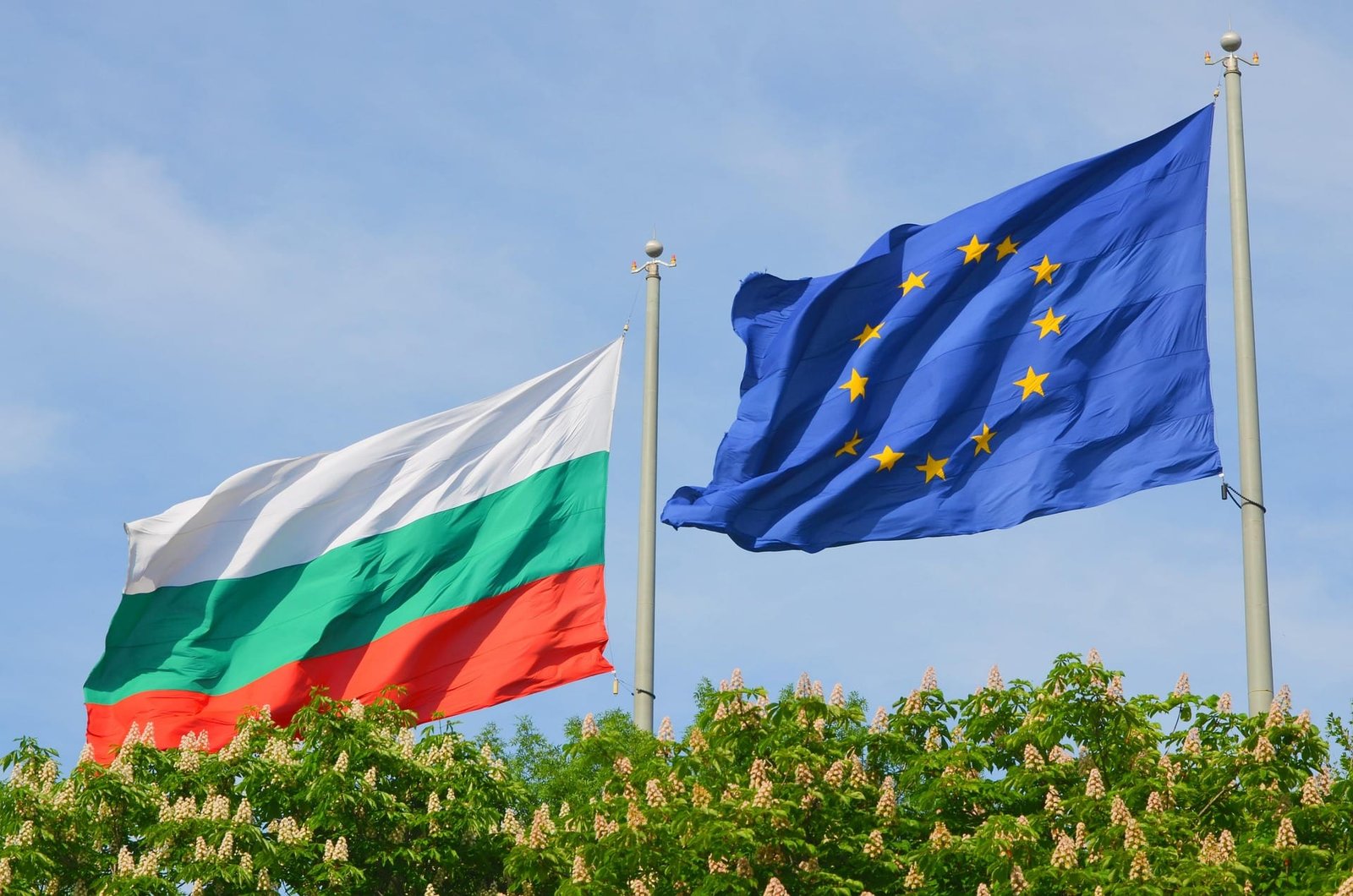Global News
Bulgaria Gets Final EU Approval to Join Eurozone in 2026: What It Means for Europe’s Poorest Member
Bulgaria is officially on track to adopt the euro on January 1, 2026, after receiving a green light from the European Commission. The move will make Bulgaria the 21st member of the eurozone and mark a significant step for the Balkan nation, which has been a member of the European Union since 2007.
In a statement released on Wednesday, the European Commission declared Bulgaria economically ready to adopt the euro, following a significant decline in inflation and steady implementation of structural reforms. The European Central Bank echoed the sentiment, praising Sofia’s “tremendous commitment” to preparing for the transition.
Why Is Bulgaria Adopting the Euro?
The euro adoption will grant Bulgaria access to the European Central Bank’s financial tools, reduce interest rates, and eliminate foreign exchange risk with eurozone countries—key factors expected to boost trade, tourism, and investor confidence.
“Congratulations, Bulgaria!” said European Commission President Ursula von der Leyen. “The euro is a tangible symbol of European strength and unity… Bulgaria’s economy will become stronger, with more trade, foreign direct investment, access to finance, quality jobs and real incomes.”
Bulgaria’s current currency, the lev, has been pegged to the euro since 1999, maintaining a fixed exchange rate of 1.95583 BGN to 1 EUR. Though symbolic, the change to the euro is expected to carry significant psychological and economic implications.
Not Everyone Is On Board
Despite the economic optimism from Brussels, public opinion in Bulgaria on joining the EU is a contentious issue, and people remain sharply divided. Recent polls show that nearly half of Bulgarians oppose the adoption of the euro, fearing a loss of national sovereignty, higher prices, and economic instability.
Today, Bulgaria is one step closer to adopting the euro.
This will mean more investment and trade with euro area partners, and more stability and prosperity for the Bulgarian people.
Bulgaria will also take its rightful place in shaping euro area decisions.
Congratulations!
— Ursula von der Leyen (@vonderleyen) June 4, 2025
On the same day the approval was announced, over 1,000 protesters gathered outside the National Assembly in Sofia, carrying signs that read “Preserve the Bulgarian lev” and “The future belongs to sovereign states.” Many of the rallies have been organized by the pro-Russian Vazrazhdane party, which has capitalized on anti-EU and anti-euro sentiment.
“If Bulgaria joins the eurozone, it will be like boarding the Titanic,” said protester Nikolai Ivanov, reflecting a broader unease among older generations about losing the national currency—a symbol of Bulgarian identity since 1881.
What’s Next?
Although the European Commission and the ECB have both approved, Bulgaria still awaits final approval from EU member states and the European Parliament—a step that is widely expected to pass. Assuming no last-minute delays, the lev will be phased out by January 2026.
Bulgaria’s path to adopting the euro has not been smooth. The country has faced years of political instability, holding seven national elections since 2021. Despite these challenges, it has met the necessary criteria on inflation, debt, and interest rate convergence.
With a population of 6.4 million, Bulgaria remains the EU’s poorest member, but joining the eurozone could help accelerate its economic development and strengthen its position within the European bloc.
For now, the countdown to the euro has officially begun—and Bulgaria stands at a historic crossroads between economic integration and national identity.












































Pingback: Bengaluru to Bulgaria: BugSpeaks Expands Its Global Footprint